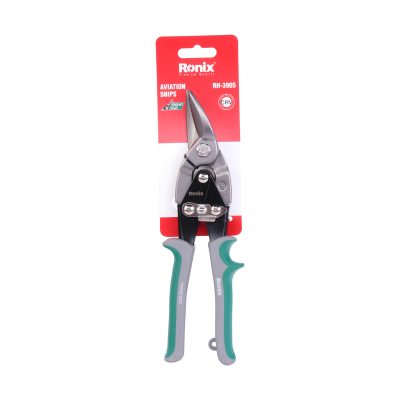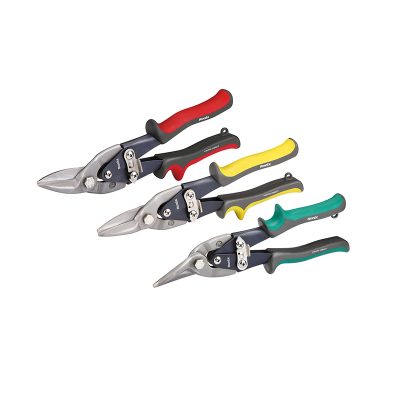The concept of “hammered” has found its way into several language idioms and expressions. These idiomatic phrases often use “hammered” metaphorically to convey different meanings. Here are a few examples:
- Hammered (Drunk): This is perhaps one of the most well-known idiomatic uses of “hammered.” When someone says they are “hammered,” they mean they are very drunk or intoxicated.
- Hammer It Home: This idiom means to emphasize something strongly or repeatedly in order to make sure it’s understood or remembered. It’s like driving a point home with a figurative hammer.
- Hammer and Tongs: This phrase indicates a vigorous or intense effort towards a task. For example, “They went at it hammer and tongs to finish the project on time.”
- If All You Have Is a Hammer, Everything Looks Like a Nail: This idiom suggests that if someone only possesses one particular skill or approach, they tend to apply it universally, even to situations where it might not be the best fit.
- Under the Hammer: When something is “under the hammer,” it means it’s being auctioned off. This phrase comes from the idea of the auctioneer’s hammer being used to close the deal.
- Hammer Out: This phrase is often used in the context of negotiations or discussions to mean working through details to reach an agreement. For instance, “They managed to hammer out a compromise.”
- Throw a Spanner in the Works (UK) / Throw a Monkey Wrench in the Gears (US): While not directly related to hammers, these phrases refer to disrupting or sabotaging a plan or process.
- Hammer Time: This phrase, popularized by the rapper MC Hammer, became an iconic line in the song “U Can’t Touch This.” In popular culture, “Hammer Time” is often used to mean a specific time to do something or a period of focused activity.
- Get the Hammer: In some contexts, “get the hammer” can mean facing consequences or punishment for something. For example, “If you keep missing deadlines, you’ll get the hammer.”
- Drop the Hammer: This idiom can mean to take decisive action or to exert authority or control. It’s often used in contexts where someone makes a strong or impactful move.
These idiomatic expressions demonstrate how the concept of a hammer has been creatively integrated into language to convey various meanings and ideas beyond its literal use as a tool.



































